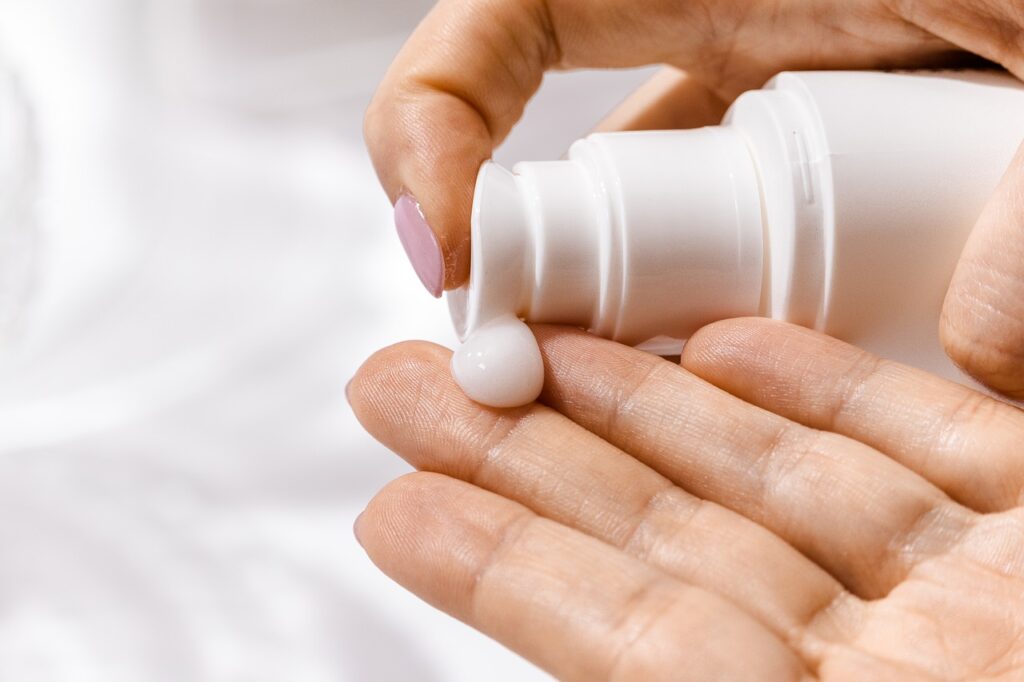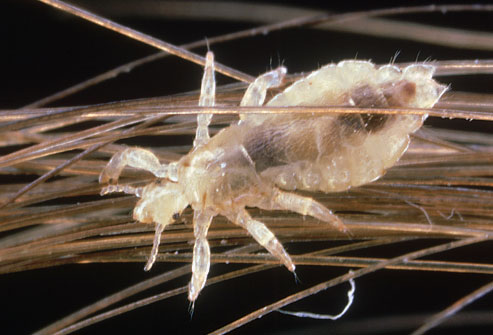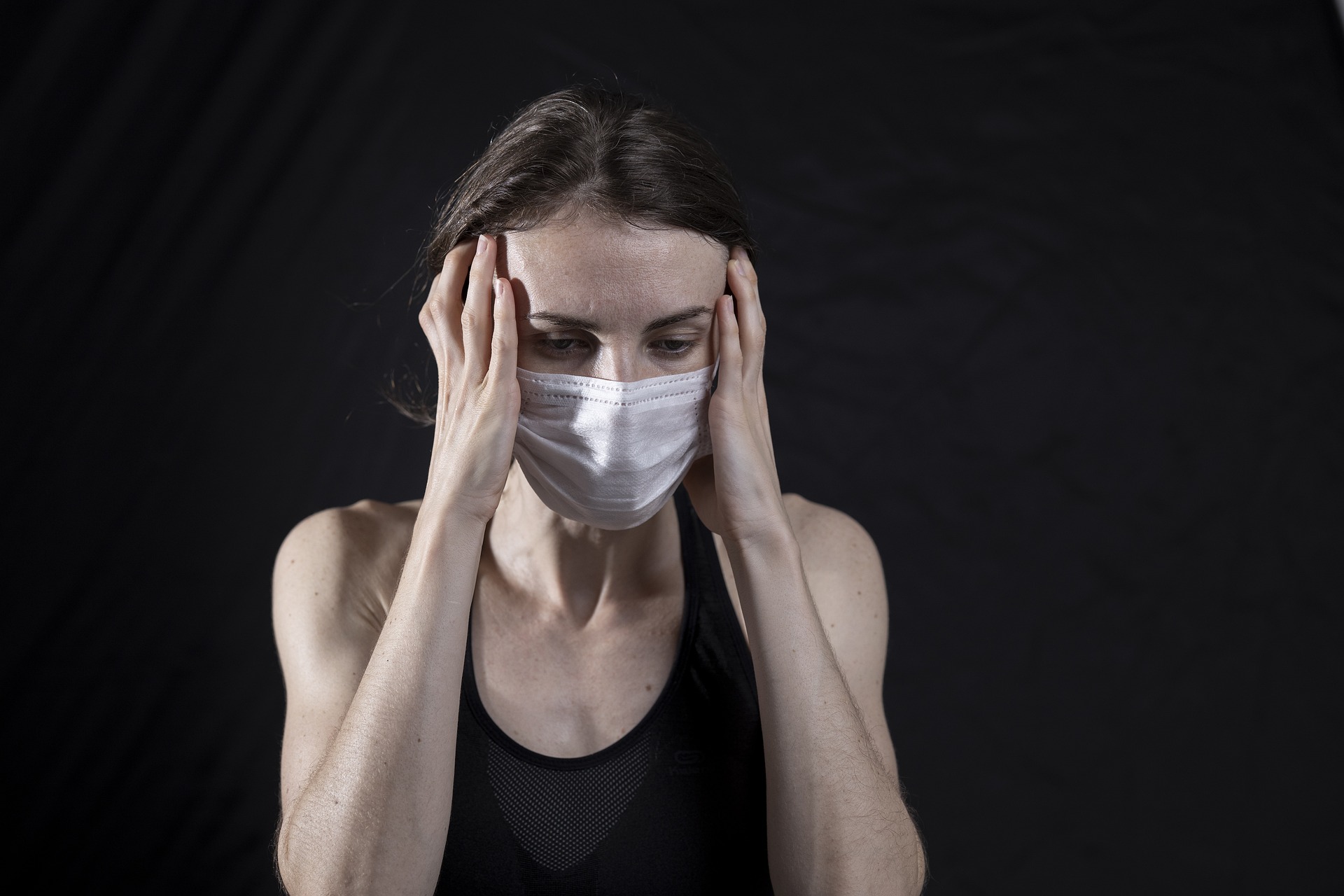Some people swear by using vinegar to get rid of head lice — especially apple cider vinegar. But is vinegar an effective remedy for head lice and is it based on science? Or is the evidence completely anecdotal? After all, home remedies have historically been proven ineffective against these stubborn creatures. Here’s a complete guide about head lice, vinegar, and everything in between.
Important notes for treating head lice with vinegar
- Vinegar is not the most effective natural remedy for head lice. You can still try using this natural remedy for your head lice infestation because other people do have success in using it. But their success has no scientific backing. In fact, according to a 2004 study where researchers tested common head lice natural remedies, vinegar was proven to be the least effective. Among the natural remedies tested, only petroleum jelly killed a significant amount of head lice. But no natural remedy killed a significant amount of nits (head lice eggs) even in prolonged exposure time. You may be better off using commercial products like over-the-counter medications and prescriptions.
- It is particularly ineffective against nits. Head lice eggs, also called nits, sustain the population of your head lice infestation. Sure, you can kill head lice with natural remedies and whatnot. But they can replenish their population easily if you don’t do anything against their eggs. Unfortunately, vinegar is not very effective in killing both head lice and their eggs. Over-the-counter medications containing permethrin or pyrethrin are some of the most accessible treatments you can find. They can kill both head lice and their eggs.
- Head lice are getting immune to common head lice treatments. Many times, over-the-counter medications are enough to get rid of head lice. But there are instances where head lice are naturally immune to common over-the-counter medication ingredients like permethrin and pyrethrin. If this is the case for you, vinegar will also have little to no effect. You can consult a medical professional instead. They will be able to give you prescriptions with stronger ingredients like ivermectin and malathion.

How to get rid of head lice with vinegar
You can still try to use vinegar for your head lice. Here are the steps you should follow.
1. Mix apple cider vinegar and water
You can use white vinegar since it’s readily available. You probably have some of it in your kitchen right now. But if you can find apple cider vinegar, use that instead. Apple cider vinegar is more acidic than white vinegar. This can make apple cider vinegar a little more effective against head lice.
To create your head lice solution, simply mix the vinegar of your choice with water in equal ratios. You can mix them in a bowl and transfer the resulting solution to a spray bottle if you want to apply it to your hair via spraying.
2. Apply the vinegar-water solution to your hair
After mixing the vinegar and water, you can directly pour the solution in the bowl onto your head, hair, and scalp. If you have the solution in a spray bottle, spray generously until you completely soak your head, hair, and scalp.
When they are completely soaked, you can massage your scalp for better distribution of the solution. Head lice lay their eggs near your scalp. And the acetic acid in the vinegar can help loosen them up, making them easier to comb out later.
3. Cover your hair and let the solution do its thing
Cover your head with a shower cap and leave the vinegar-water solution on your head, hair, and scalp for about an hour. It’s actually ideal to apply the solution at night, so you can leave it overnight.
The longer you can leave the solution, the better. This will give the solution more time to reach every little space where head lice can hide and lay their eggs. The acetic acid content of the vinegar can also do a better job of breaking down the glue-like substance that holds the eggs near your scalp, making the eggs even easier to comb out later.
4. Rinse your hair and comb out dead head lice
Rinse the solution off your hair with warm water. And then you can comb out head lice and eggs that have been loosened up by the solution after a long period of time. Use a comb with thin teeth and small gaps between them to catch the head lice and eggs easily. There are actually special combs for this very purpose. They are called lice combs. You can buy them in your local pharmacy.
If you have long hair, combing out the head lice and eggs can be difficult. You can separate your hair into multiple layers to make combing easier and more efficient. Take your time. Be meticulous in combing and make sure you are combing every layer.
5. Repeat the process multiple times
After the initial treatment, many head lice and eggs may have remained. After all, they are resilient creatures that also happen to be very good at hiding. Some of the eggs may have also hatched. To ensure that you are killing and removing all head lice and their eggs, it’s important to repeat the entire process every three to four days for about two weeks.

Safety precautions in using vinegar for head lice
- Check first if you are allergic to vinegar. Those allergic to vinegar can experience itching, redness, and swelling when they are exposed to the solution even if the vinegar is already diluted in water. This is why you should test your vinegar-water solution first on a small patch of skin, like on your elbow, before applying it to your head. If you experience symptoms within 24 hours, don’t use the solution to your head.
- Vinegar can sting if you have scalp wounds. The acetic acid in vinegar can burn or irritate your skin. It can even sting if you have wounds. This is particularly problematic because you may have small scratches and wounds on your scalp. After all, head lice can be incredibly itchy. If this is the case for you, don’t use vinegar for your head lice infestation.
- There is no need to use hot water for your vinegar-water solution. Some people think using hot water for their vinegar-water solution will help get rid of head lice and eggs. But this is not true. Hot water has no significant effect on these parasites. It just puts you in unnecessary danger because hot water can burn or irritate your skin.
Vinegar is not the most effective head lice home remedy
Vinegar is not very effective in killing head lice and their eggs. However, it can be effective in making the head lice and eggs easier to comb out later – thanks to its acetic acid content. To get rid of head lice effectively, you may want to use over-the-counter medications or prescriptions instead.

